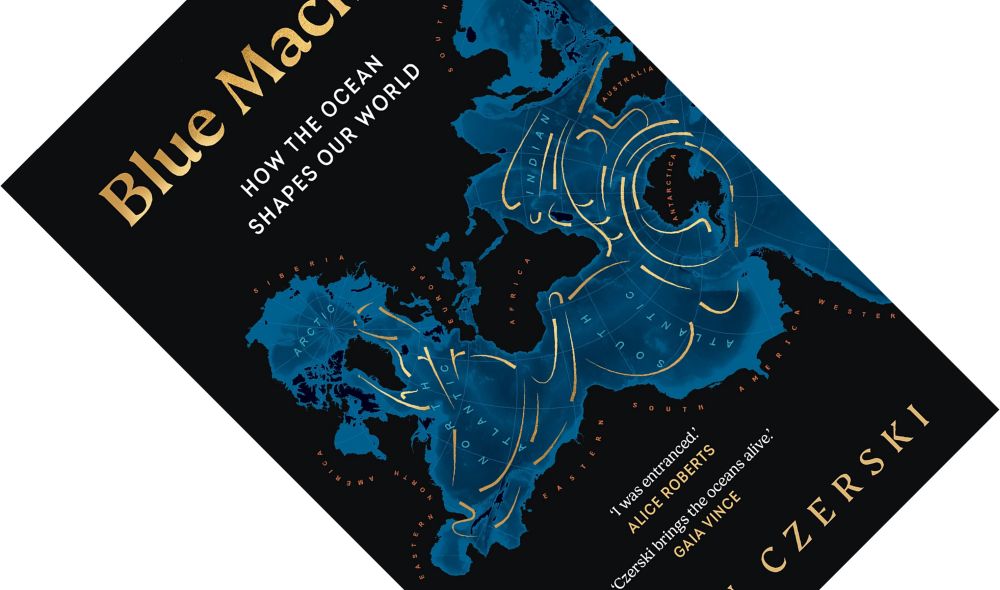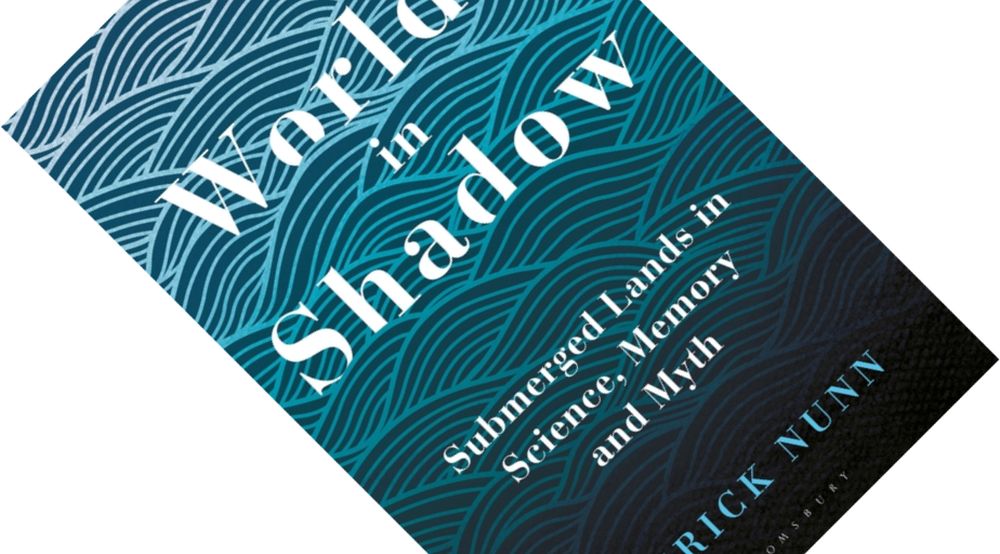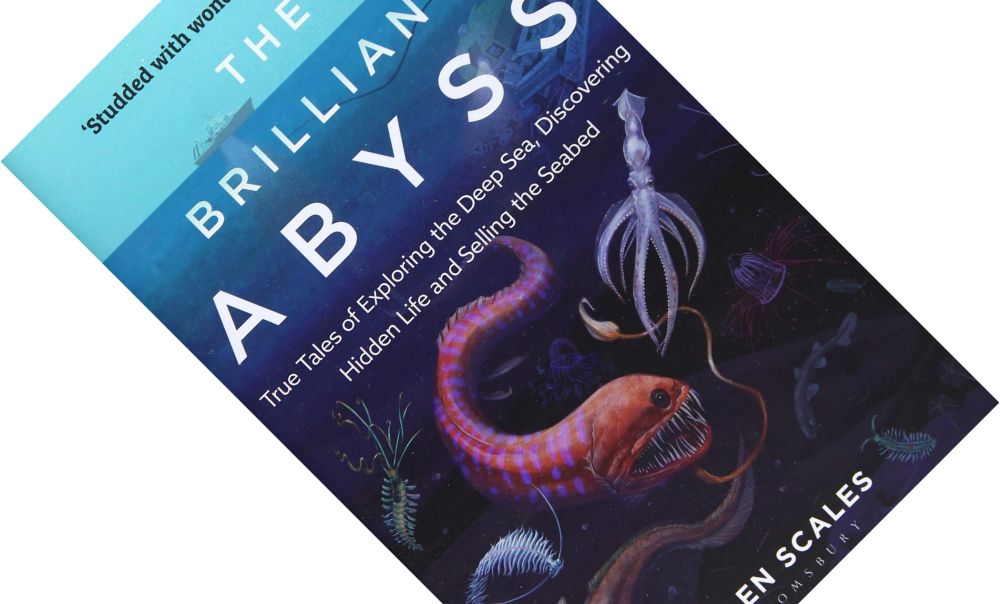9-minute read
keywords: oceanography
“This isn’t merely a diverting tale about some salty water. This is the story that defines planet Earth” (p. 13). With that quote from the introduction, oceanographer Helen Czerski sets the tone for this book. In a break from many other books about the deep sea that talk about animals, Blue Machine focuses on the ocean itself, revealing a fascinating planetary engine. Equal parts physical oceanography, marine biology, and science history, topped off with human-interest stories, Czerski has written a captivating book that oozes lyricism in places.
 (more…)
(more…) 







